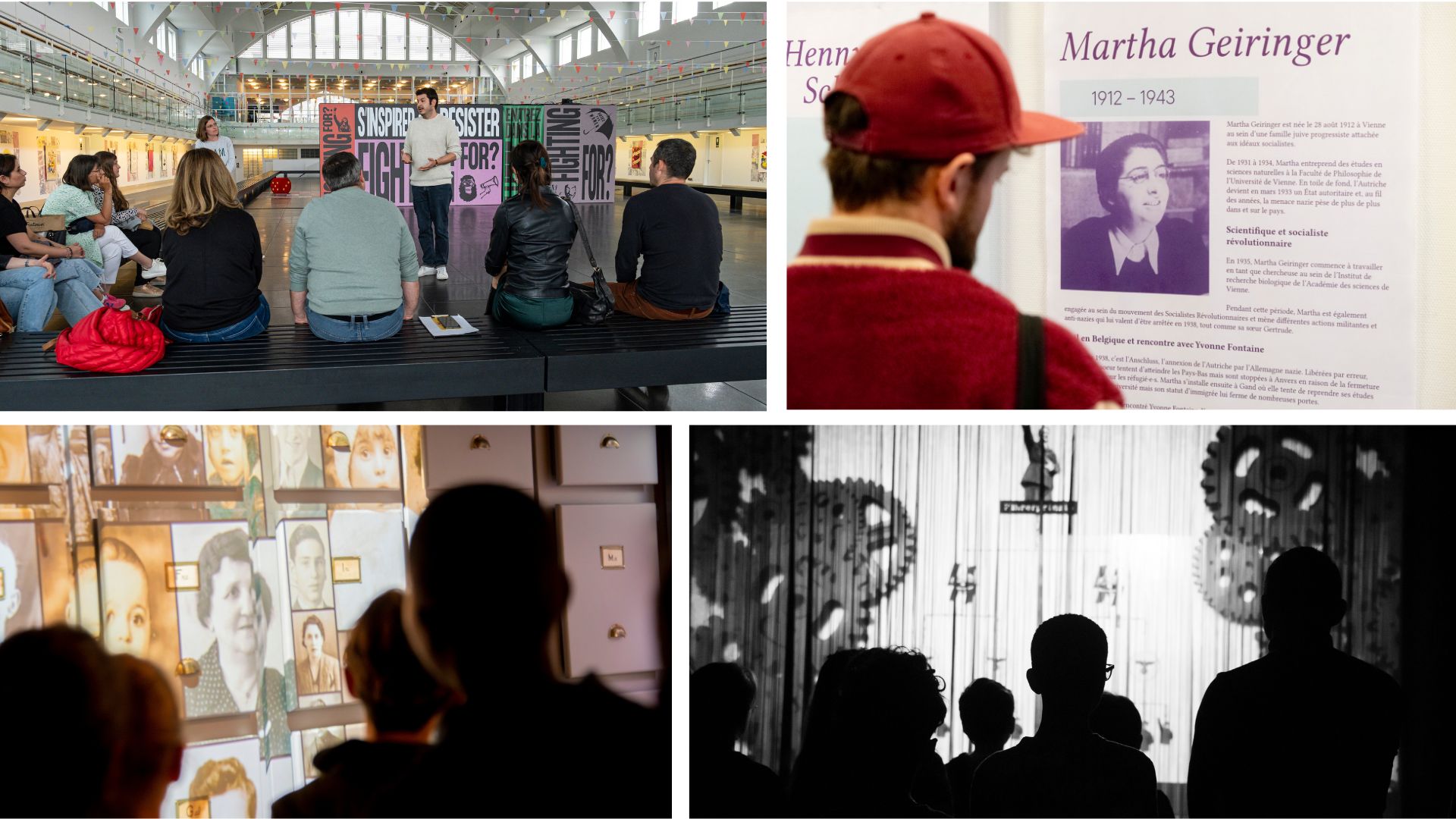The LRE Foundation is proud to welcome Les Territoires de la Mémoire as a new member of its international network. Based in Liège, Belgium, the organisation promotes civic responsibility and confronts extremism through innovative educational and remembrance initiatives.
Established in 1993 by survivors of Nazi concentration camps, the centre was founded in response to the resurgence of far-right ideologies in Belgium. Over the years, it has developed a broad range of initiatives, ranging from exhibitions and workshops to national campaigns and educational resources, aimed at fostering critical thinking, resistance to intolerance, and active citizenship, particularly among younger generations.
The organisation’s work draws a clear line between past and present, using historical memory as a lens to address current challenges. This perspective is closely aligned with the mission of the LRE Foundation: to safeguard the legacy of the Second World War while promoting a culture of peace and democratic participation across Europe.
“Les Territoires de la Mémoire wanted to join the LRE network for several reasons,” explained Benjamin Blaise, Director of Les Territoires de la Mémoire. “We already had excellent contacts within the Foundation, and strengthening this European dimension was a natural step. The cross-border nature of our work, shaped by the stories of our founders, aligns with LREF’s vision. We also bring a perspective that connects memory with today’s democratic challenges, something increasingly important in the current context.”
The partnership marks a significant step in expanding the Foundation’s presence and impact in Belgium and reinforces the importance of cross-border collaboration in memory work and civic education.
“We are delighted to welcome Les Territoires de la Mémoire to our growing European network,” said Rémi Praud, Managing Director of the LRE Foundation. “Their commitment to remembrance and their dedication to promoting civic engagement are deeply aligned with our mission. In a time of rising extremism and division, their voice and experience are especially valuable.”
By joining forces, both organisations reinforce their efforts to connect the past with the present and help shape a more just and democratic future.
